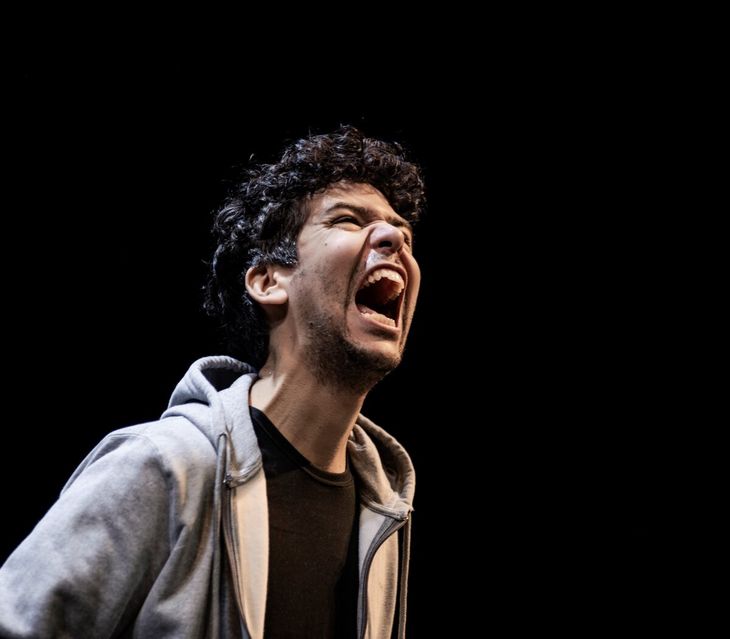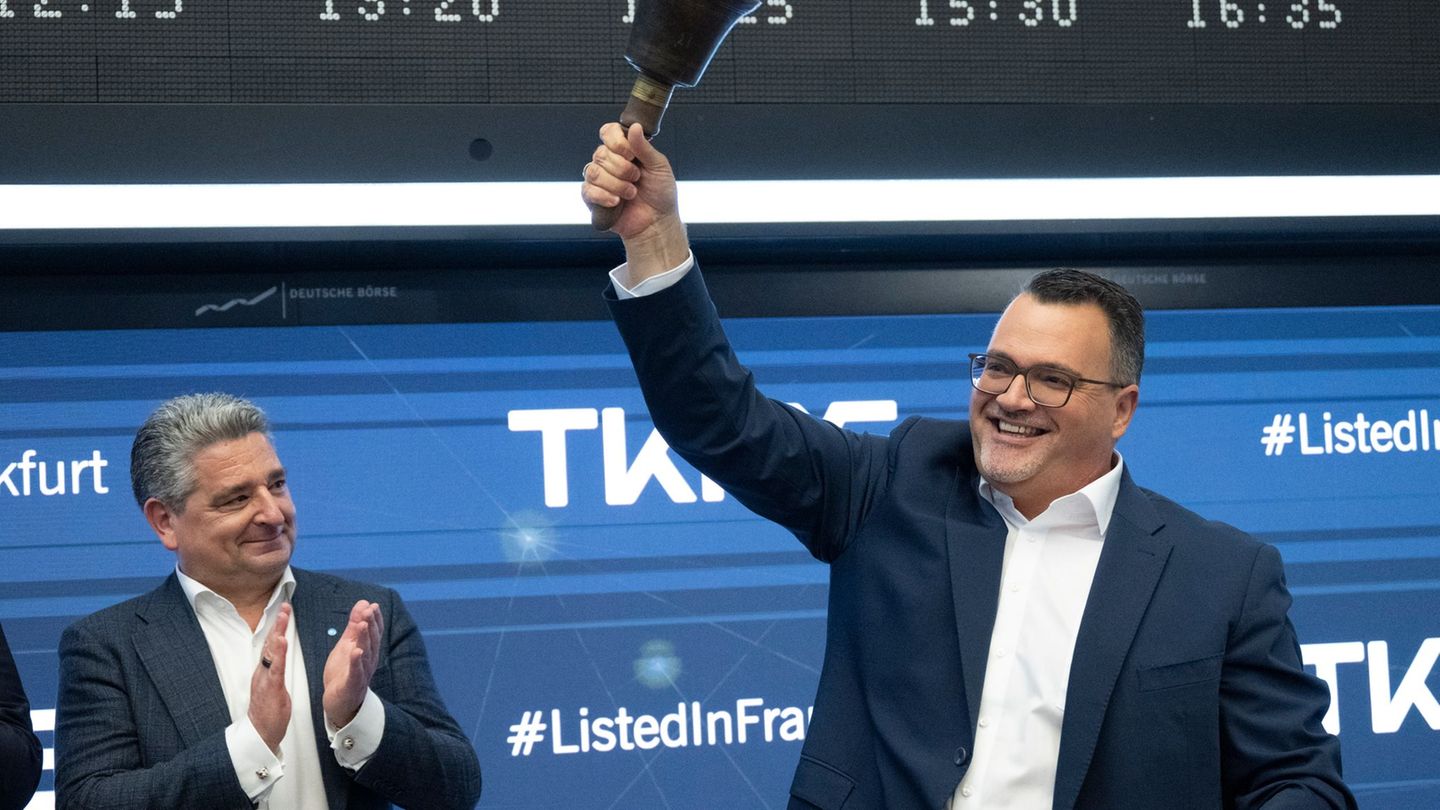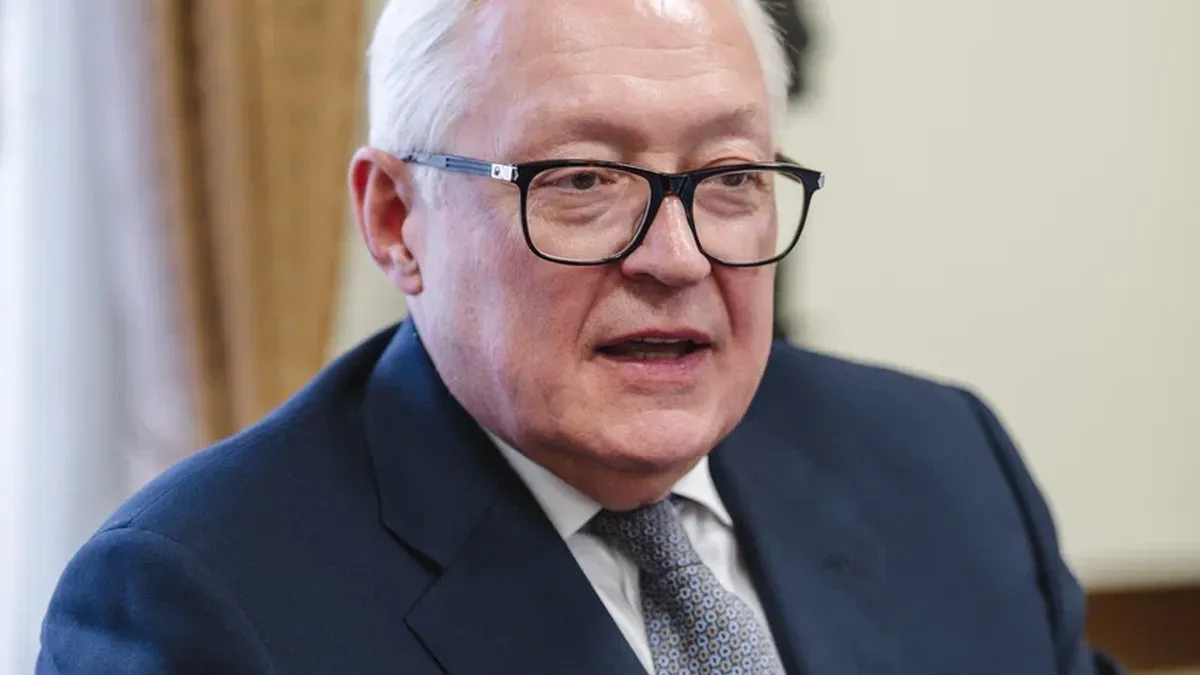“Making this one-man show was a leap into the void, but the confidence that the text inspired in me when I read it and the support from the director were key,” says Federico Ottone, protagonist of the beautiful “Now later”, which presents its second season at El Picadero, on Tuesdays at 8 p.m.
Written by Guido Zappacosta, directed by Hector Diaz with assistance from Julian Marcove, The work tells the last hours of a father and son. But it evokes an enormous amount of memories and sensations, hand in hand with a dramaturgy that is as unique as it is emotional, where there is no shortage of humor, changes in weather and poetic moments like that of the smiling bird and the basketball hoop.
With simplicity and acute sensitivity, the work thrills with those bonds of a family whose pulse is given by Boca, the pizza buns in the kitchen, watering the plants, team sports, school and the waiting room in a hospital. We talk with Fede Ottone about this work.
Federico Ottone: From the beginning, the director and I proposed that the main thing be the journey of the text, which for us, is very comprehensive. And our entire construction was based on the premise that the story be told, not to interfere with listening to the construction that the author made with his story. For the construction of the character, the work is to let go, and get lost in the journey that the text proposes, opening questions about what the protagonist is like, rather than finding answers that define him. And so we continue to maintain the work, which continues to find new colors. With respect to emotion, we worked a lot to ensure that it was at the right point to be shared, if one gives free rein to the emotional places to which the text takes us, we could have gone more cathartic or low blow, and It was what we always wanted to avoid. It is being in tension with that emotionality that the text has.
Q.: The protagonist is in the decisive hours of the death of his best companion, his father, and yet it is not a drama and has a lot of humor, how do you embody it?
FO: I always felt much more comfortable in comedy, playing with timing, punchlines. It is a language in which I breathe more. And there is something about time in the work, which constantly travels between the current present and the present of what the character says happened, which allows one to travel through those places of pure drama, but more digested by the passage of time. We did a very thorough job of what the present is for each moment the character is standing. And humor also helps us rhythmically to construct the route of the work. And there is something physical that happens with laughter, one laughs with less modesty than one might have to cry, so, by accumulating emotion, the appearance of laughter is liberating from that emotion that can become a tear.
Q.: In those hours when the play takes place there is the game on the Boca field, the basketball game with his team, the biology exam, his thoughts about saying I love you, what did you feel when you read it? How did you think they were going to build it and what did it end up being like?
FO: When the director proposed the material to me I told him that I had no idea how to act that, but that it made me want to do it, so it was a leap into the void without much prior idea of what it would be like. The confidence that the text inspired in me when I read it, and being able to rely on the direction of Héctor and Juli Marcove, was key. We were searching all the time, testing, but always with the premise of not overloading, and of finding the tone of action that would not put itself ahead of the work as a whole.
ottone.jpg
Q: What can you say about her relationship with her mother, that final hug because she is there, the vitality she embodies with her watering and plants?
FO: The figure of the mother is very powerful. It is there, it is the present, it is the possibility of changing, of doing and putting into practice everything that the character is trying to learn, capitalizing on what happens to him. Both the mother and the brother are, in some way, the ones Diego needs to tell all this to.
Q.: The poetry is beautiful, the spectator sees everything, with little or nothing on the stage, how did you add theatricality? In fact it was narrative and became theater.
FO: Last year, a person I know came to see the play, and when he came up to greet me he spoke to me as if it were a biodrama. I thought that the story was mine, that I had written it. I think there’s some of that that was what we went for in terms of theatricality. Both in the staging and in the performance, adding “theater” to it in dribs and drabs. And that tension with the will to act that one carries within is a very difficult job. Especially in a one-man show, where you are standing there, and feel that you have to do, and show, entertain. On the other hand, I believe that in this work, relying on the text, and on the device we put together, it is more about being there, breathing, and letting what happens happen.
Q: How do you see theater and culture today?
FO: I will always see the theater with an almost capricious optimism. A question of faith. A place that is always there, overcame very difficult moments, and is still standing. It is part of our identity, and in these moments it takes on additional value when the context becomes so hostile. I just read some completely unfortunate and even embarrassing comments that the Secretary of Culture of the Nation published about Cecilia Roth. An actress that I admire, who is doing a beautiful work, and in the Picadero. I think this fact somewhat summarizes the situation of culture today. The State attacking, and we, from the Picadero, from all the theaters, doing, writing, going to see plays, getting together. As usual.
Source: Ambito
I am an author and journalist who has worked in the entertainment industry for over a decade. I currently work as a news editor at a major news website, and my focus is on covering the latest trends in entertainment. I also write occasional pieces for other outlets, and have authored two books about the entertainment industry.




